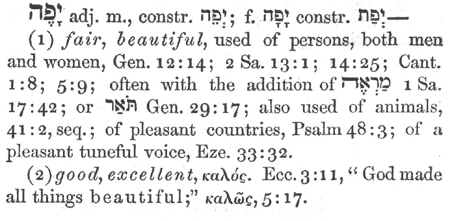I think that women of higher rank, no matter where in the world, would not have labored in the sun. Historically, across all civilizations, class was determined in part because of the type of clothing one wore, and the type of skin one had. Not necessarily the racial color, but rather the fact that aristocratic types were able to stay out of the sun and have umbrellas over their heads and be protected by clothing, soft clothing of fine fabrics. Class distinctions were very important, and this did indeed cut across all cultures and civilizations. I remember in my dim past studying cultural anthropology, and I remember this being a big chapter during the course.
Solomon, of course, was first prince and then king. About as aristocratic as one gets. The whole thing reads much more like the Shulammite was worried about the differences in their rank, which in that day and time was most certainly exposed by her sun-burned skin, than any skin pigmentation.
I am curious as to why you seem somewhat taken aback by it all? Is your question more of what seems to be a racist statement in the Bible (thus God sanctioned racism) or more of a question as to whether or not the KJV translators wove racism into their translation?









